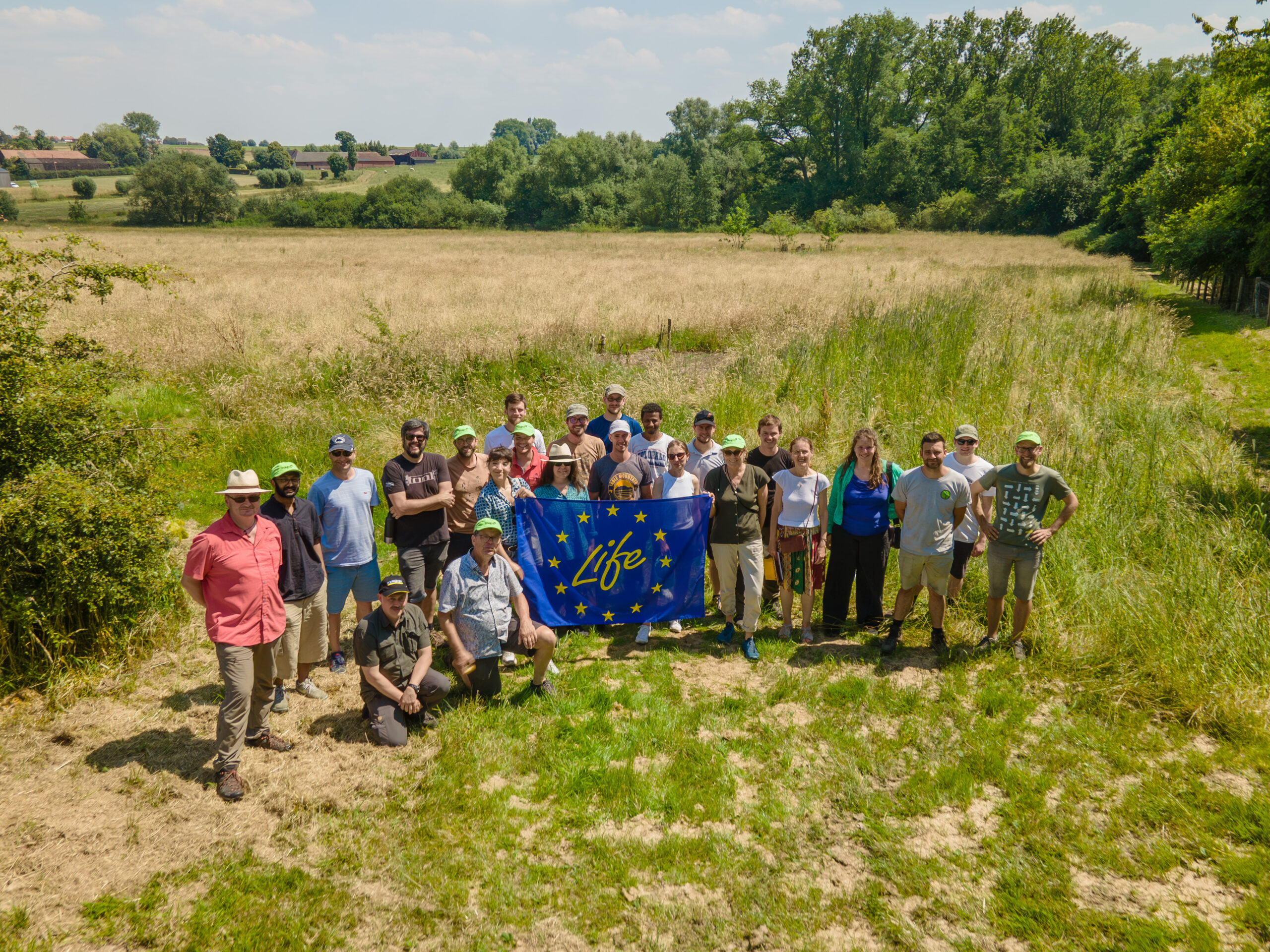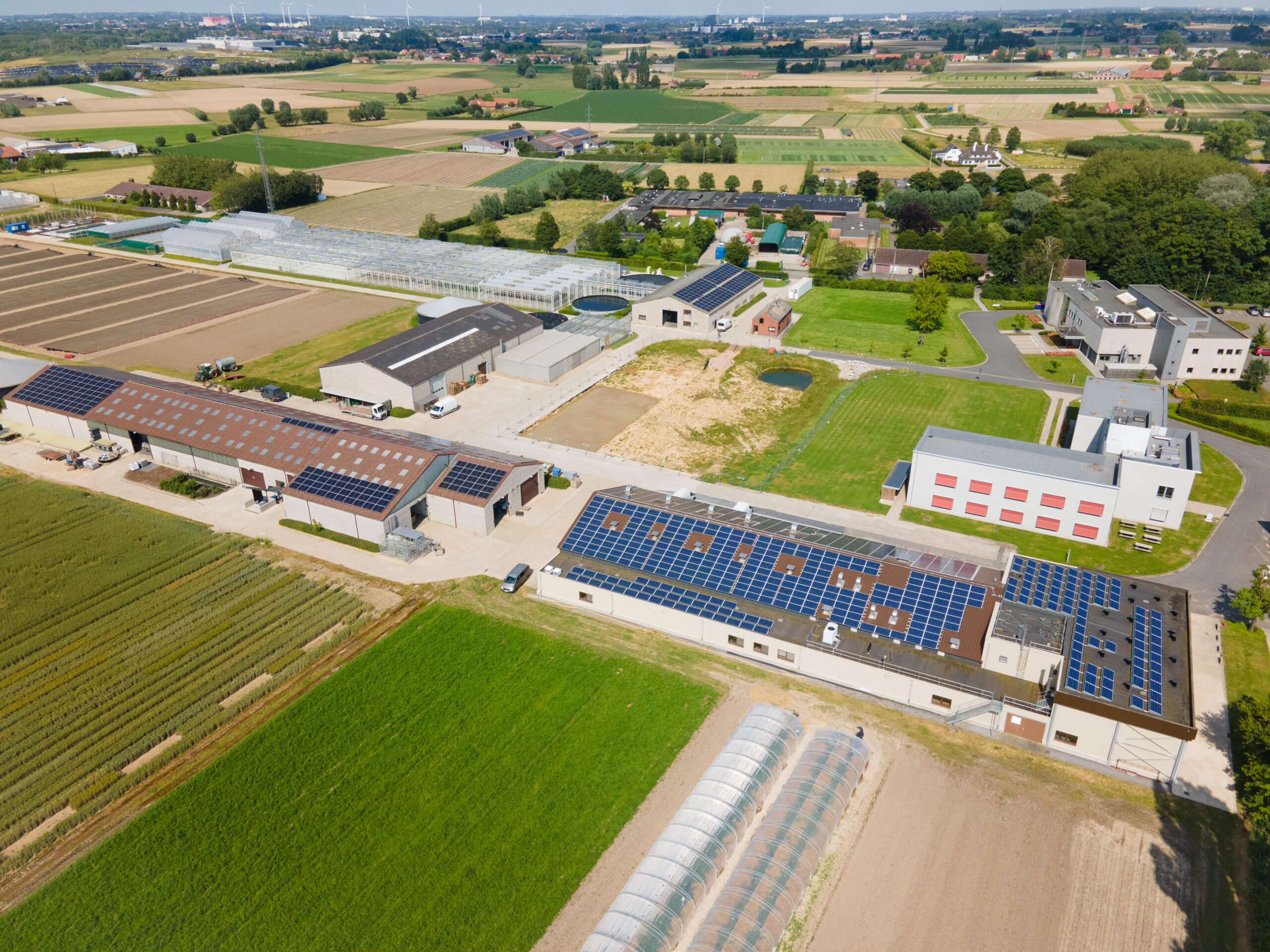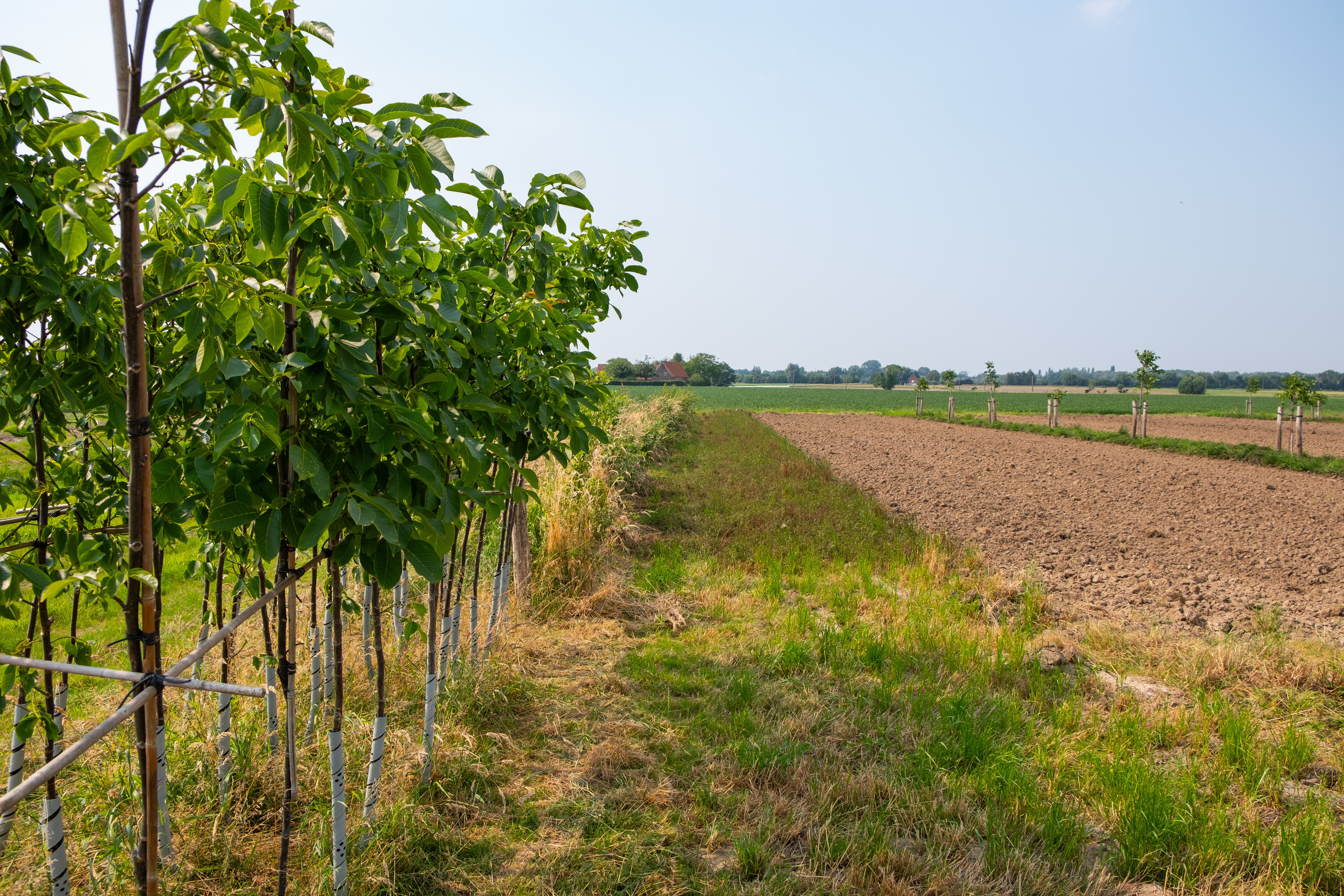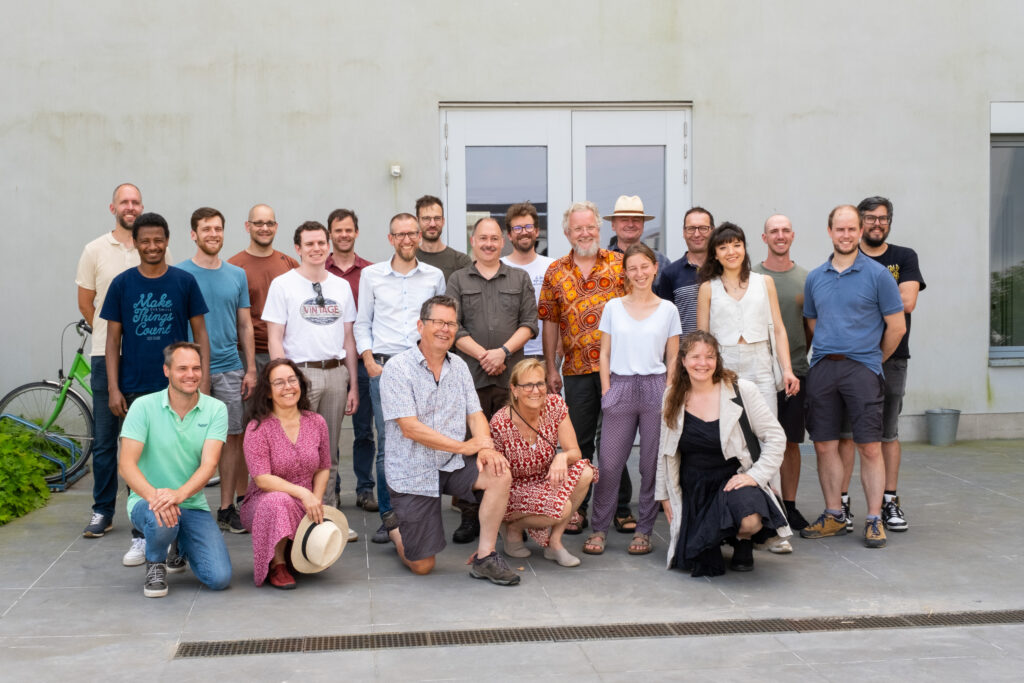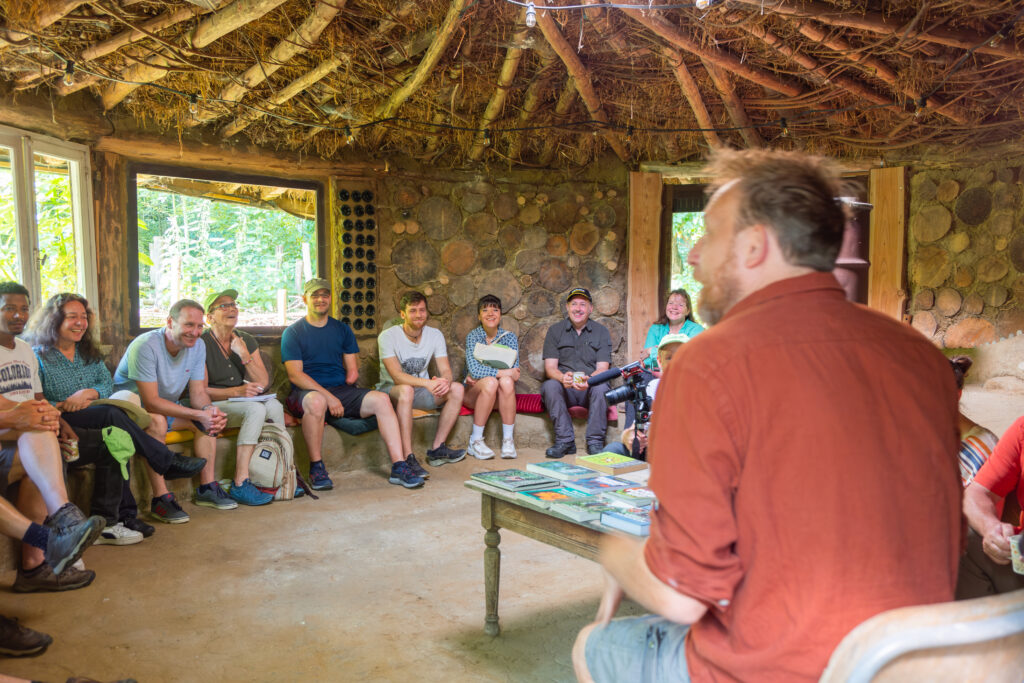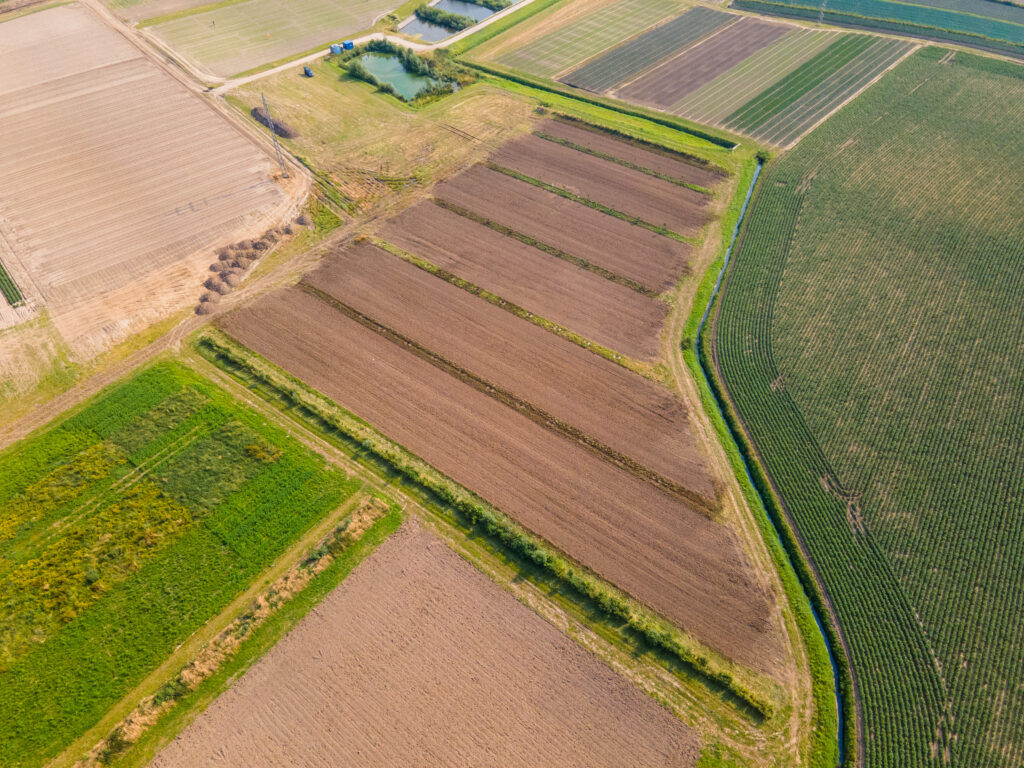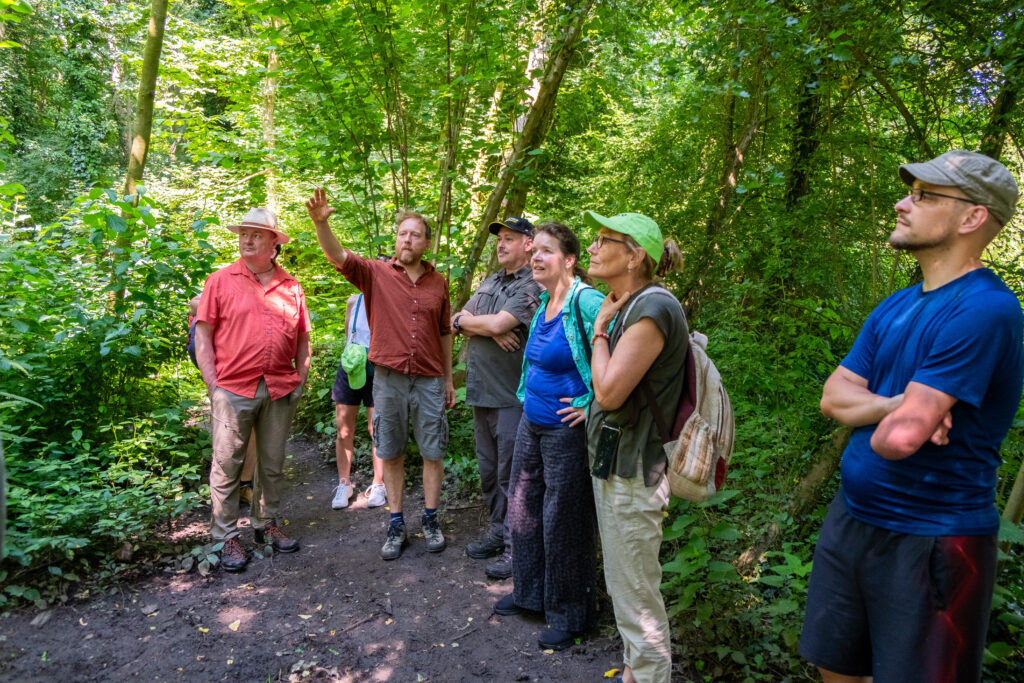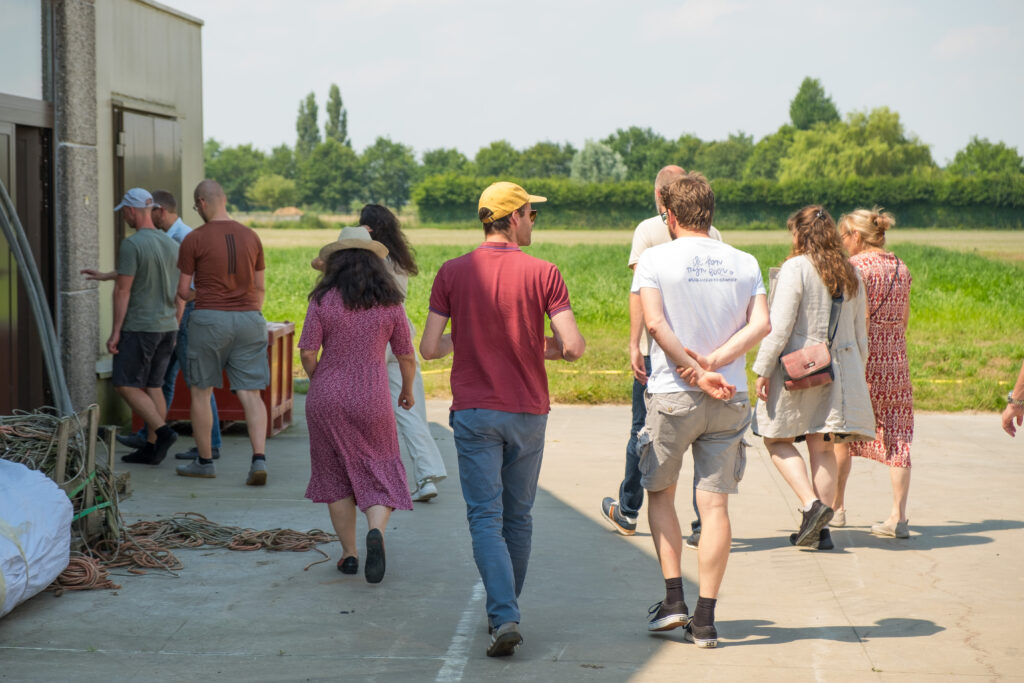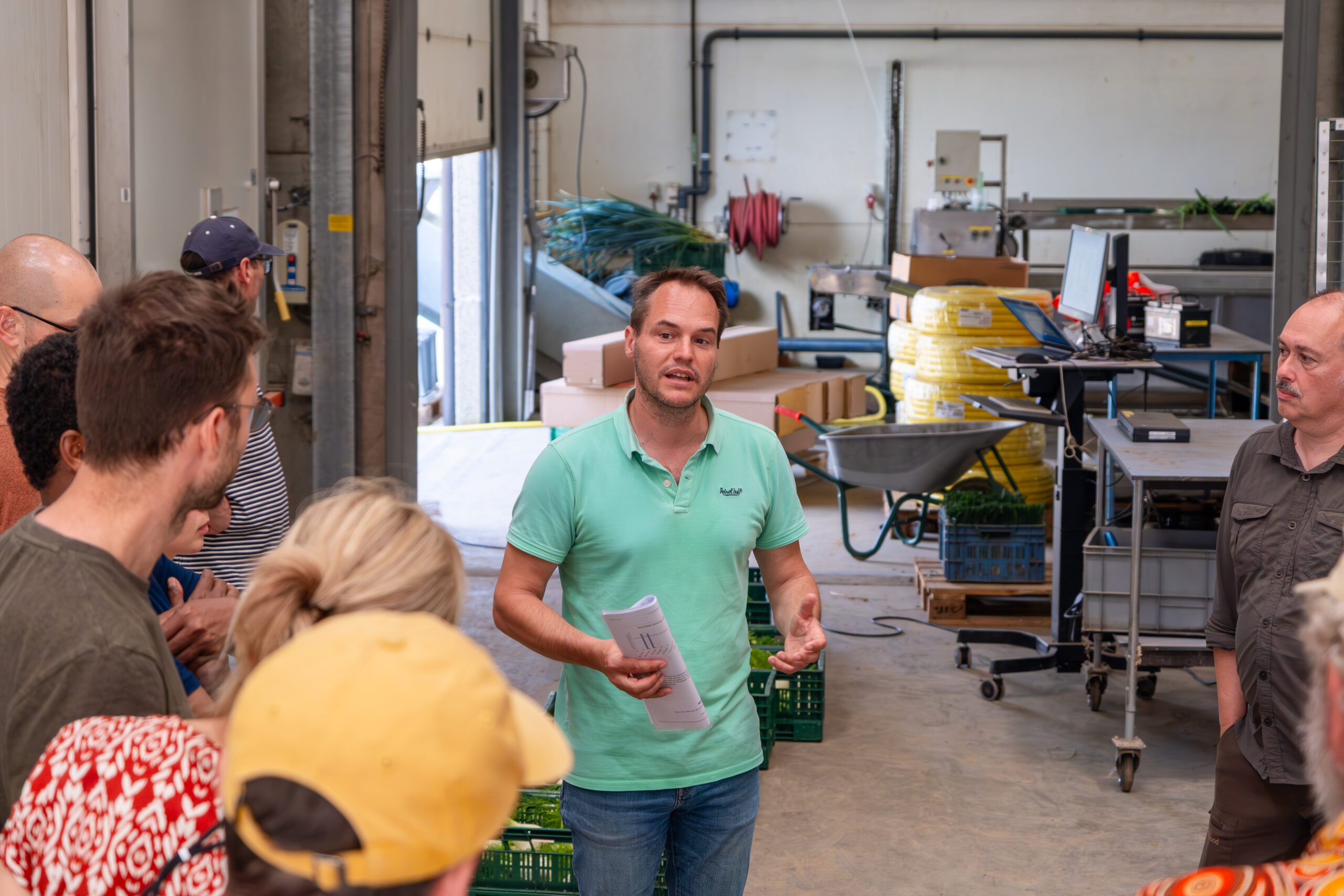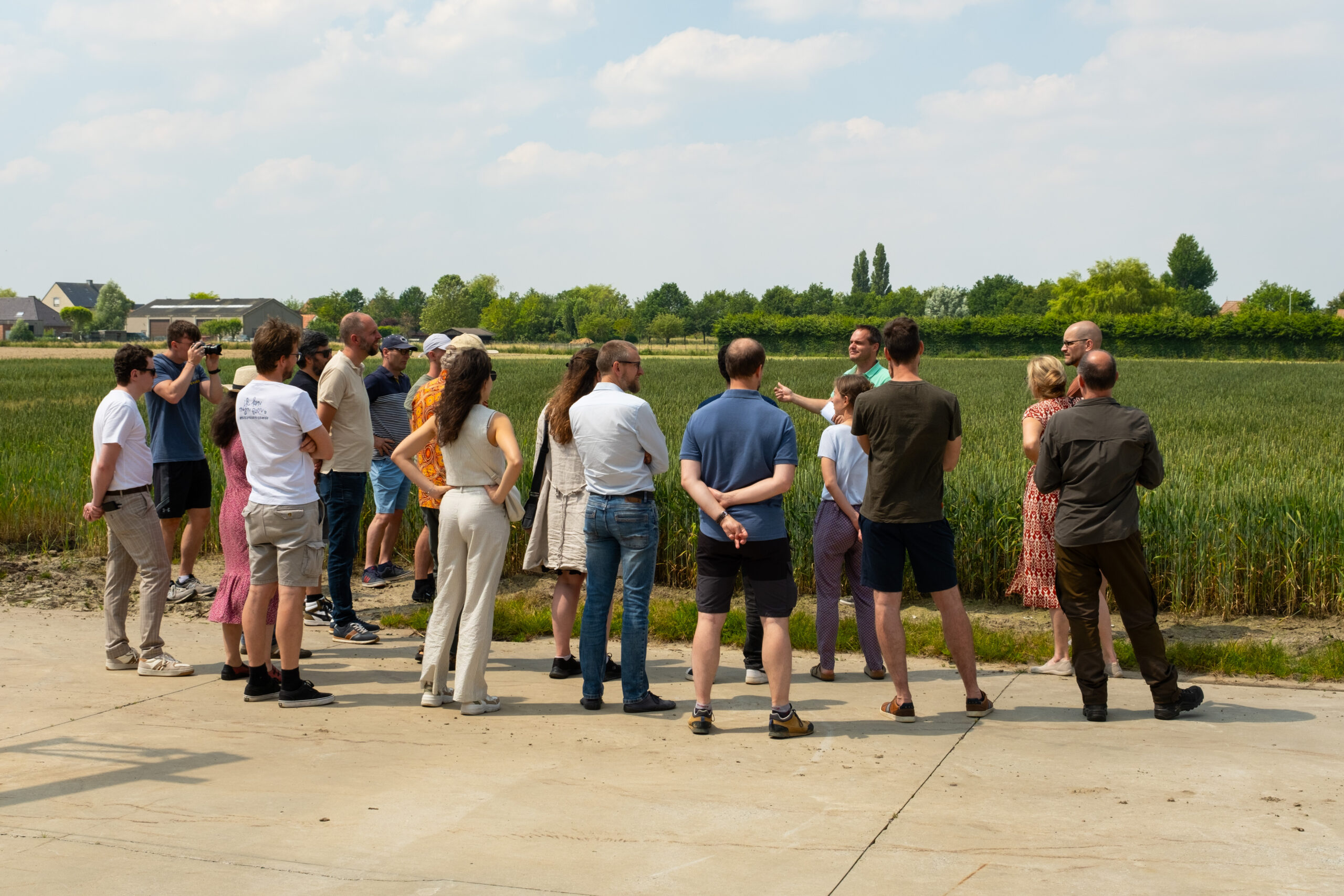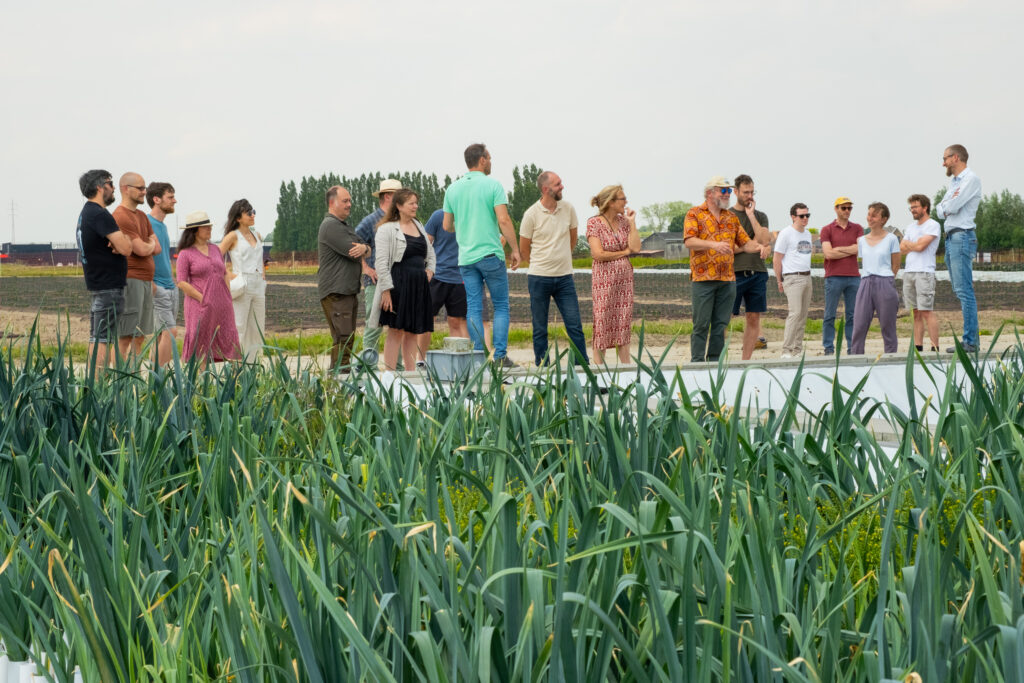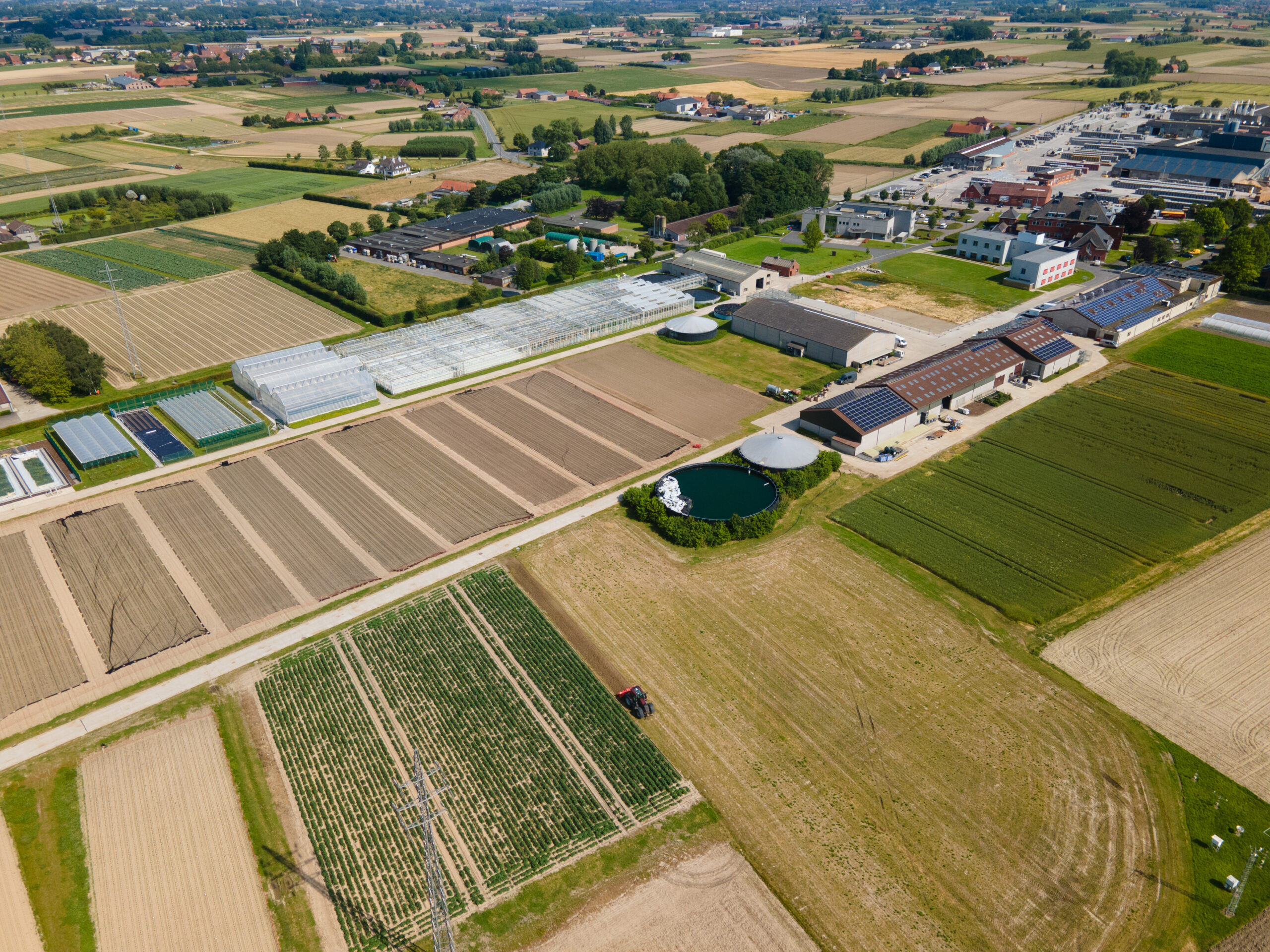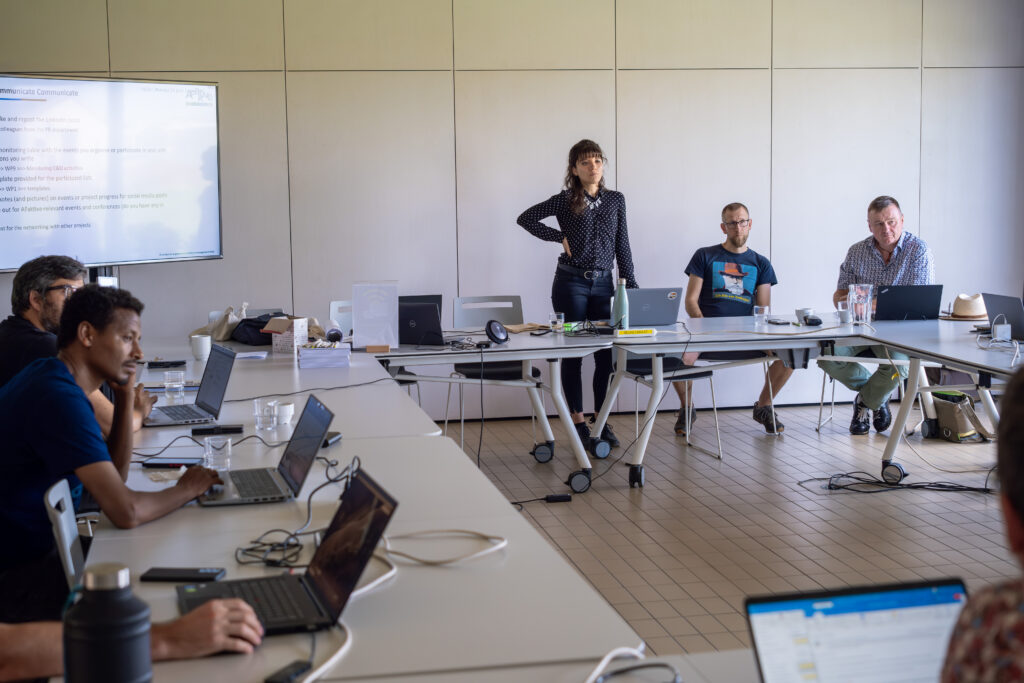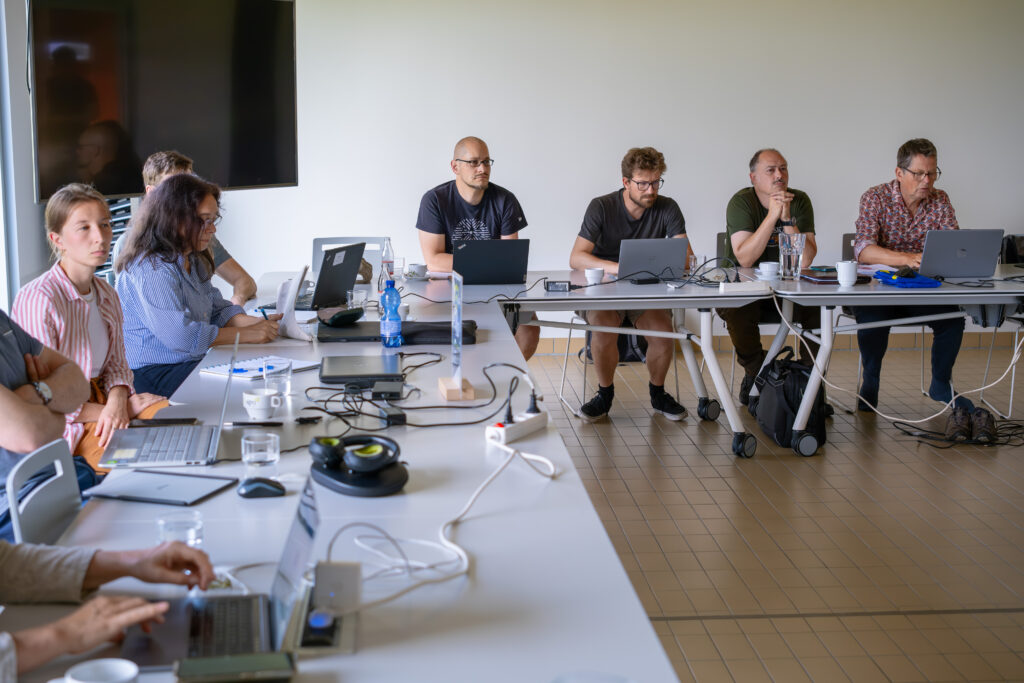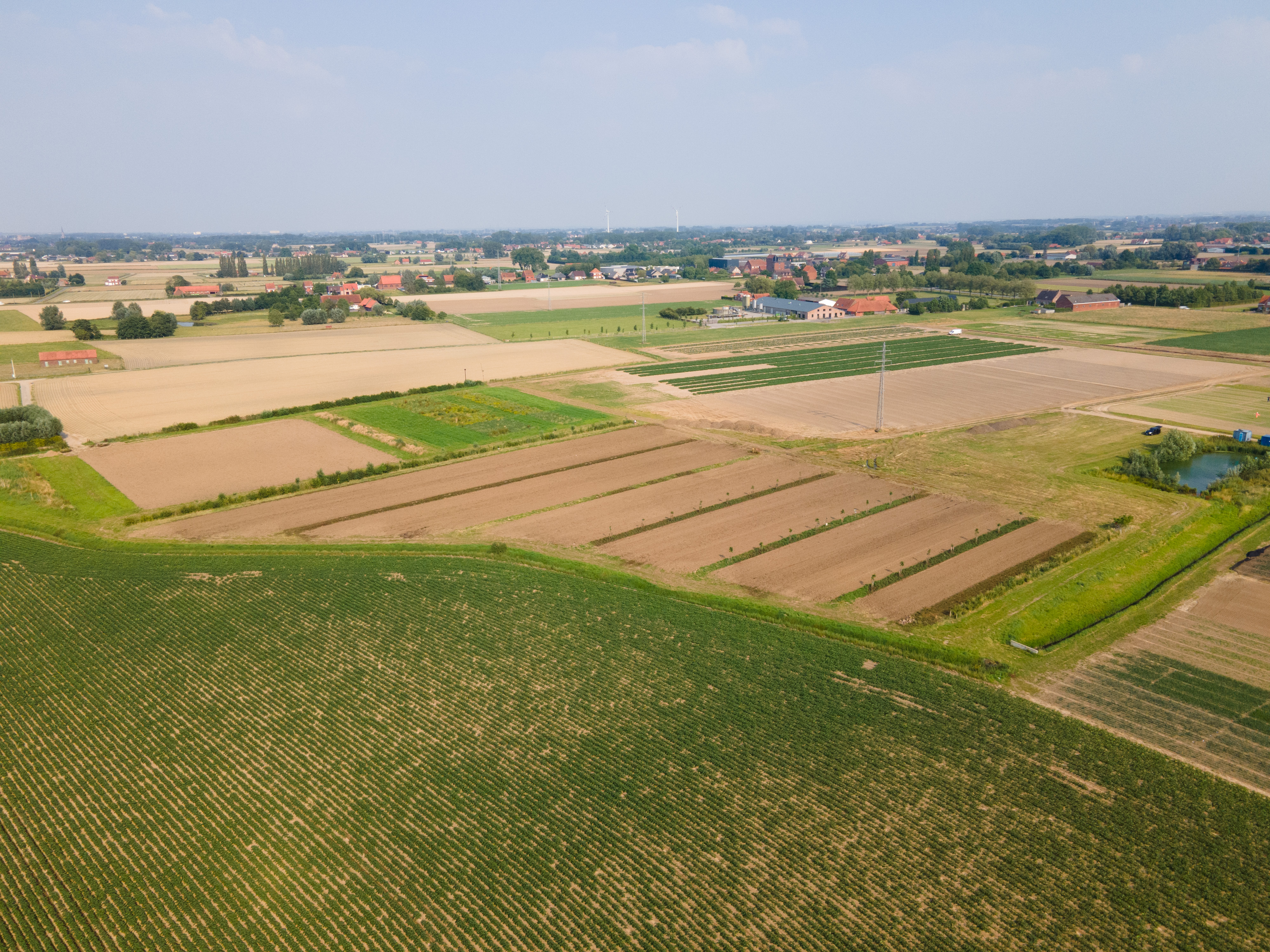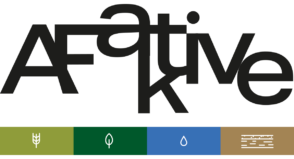From the 24th to the 27th of June, the AFaktive second annual partner meeting took place in Rumbeke, Western Flanders, Belgium. The institute for agricultural research INAGRO hosted the meeting and was an inspiring backdrop for the event. Under the blessing of sunny and warm weather, the participants were very productive in discussing the project actions.
We particularly thank the associated partners and members of our technical scientific advisory board who joined the event and offered very valuable support: Amaury Frankl (Ghent University, BE), Ulrike Gossen (MKUEM Rhineland-Palatinate, GER), Martin Lukac (University of Reading, UK), Evert Prins (Louis Bolk Institute, NL), Patrick Worms (EURAF/IUAF) and Gerry Lawson (EURAF).
In the discussion with the project partners and external experts, it became clear once again that the AFaktive project has come at the right time. With extreme weather events increasing in all three participating countries, there is already considerable and rapidly growing interest in integrated solutions for more climate adaptation in land use. At the same time, more and more contacts are currently being established with research and development working groups that are looking at the influence of agroforestry (AF) on water management.
The discussion on the status of the planning and implementation of new agroforestry systems showed that AFaktive is already well on the way to exceeding the implementation goals it has set itself.
As part of an excursion organized by INAGRO on the second day, regional locations were visited. First, the group received valuable insights on the dynamics of farming in the intersection with trees in the (more experimental) food forest “Het Voedselbos”. Afterwards the AFaktive stakeholder site “De Veldark” was visited where the land user came into a fruitful discussion with the project consortium. Lastly, the trip led to one INAGRO´s own agroforestry experimental fields.
The visit to the Veldark pilot site showed that it is a large area with excellent conditions for water-optimized planning. One of the take-away messages of the discussion on site was that it is extremely important for the success of the project as a whole to involve the farmers neighbouring the pilot areas in the planning from the very beginning. Another crucial point is the development of business models that can be replicated and with which the agricultural sector can identify.
Among other things, the visit to the INAGRO experimental field showed how great the challenges posed by climate change already are and underlined the need to implement the concept on a larger scale.
To achieve all these goals, the partners worked intensively on coordinating important details within the various work packages. The discussions showed a clear path towards achieving the project objectives, quantifying the effects of agroforestry systems on water management, developing tools for integrated planning and implementing new good practices. A big thank you goes to the INAGRO team for providing the venue, hospitality and organizing the partner meeting.
Copyright phots: Institut für angewandtes Stoffstrommanagement (©IfaS)
